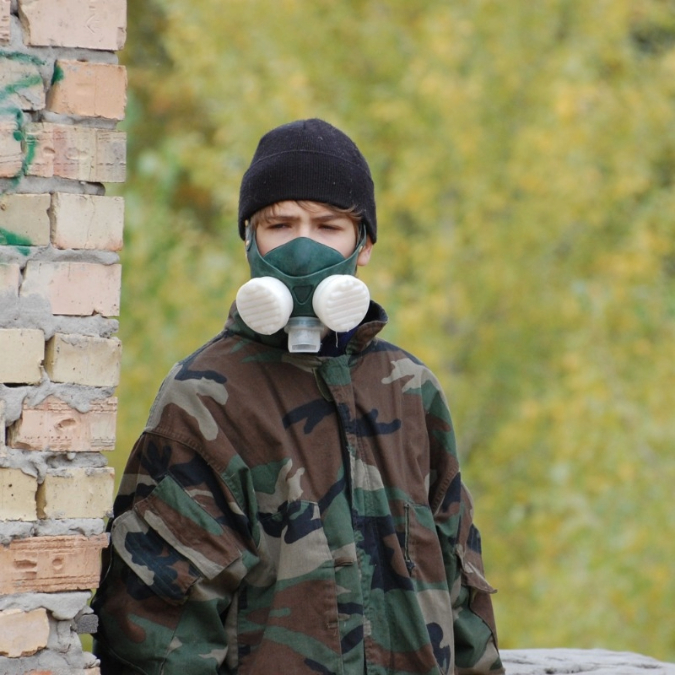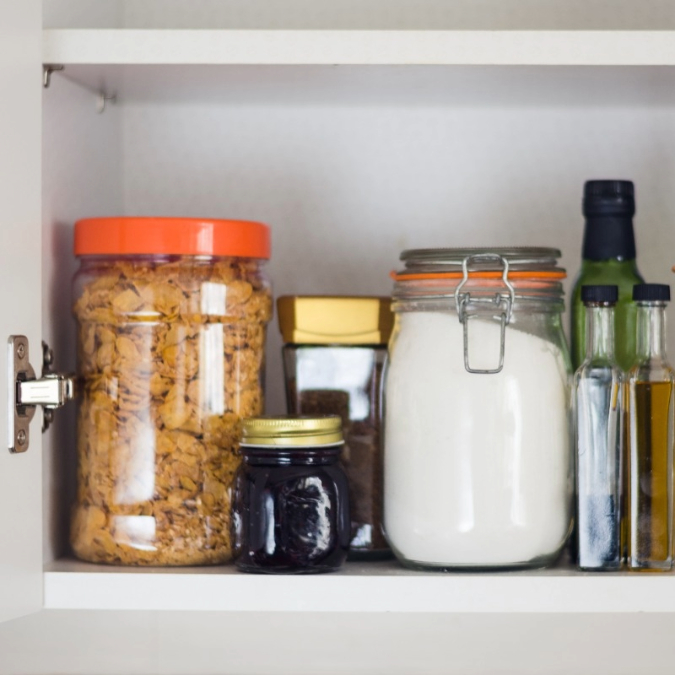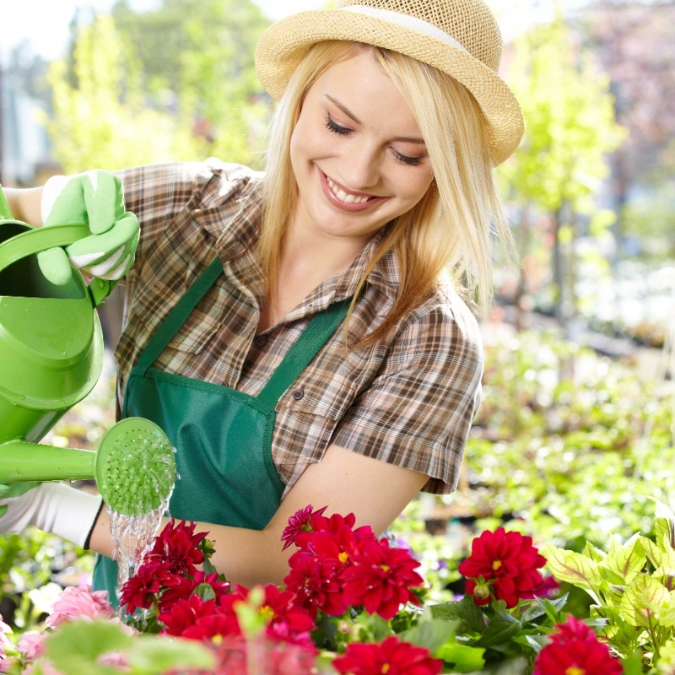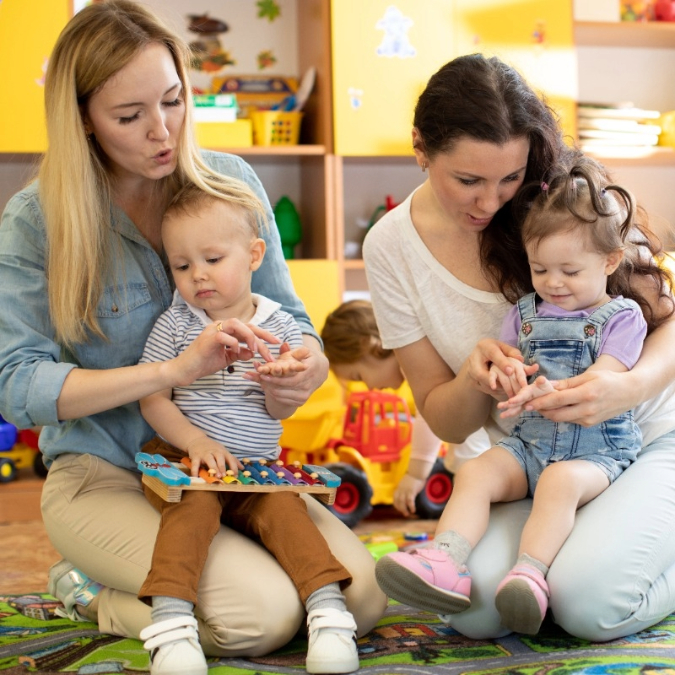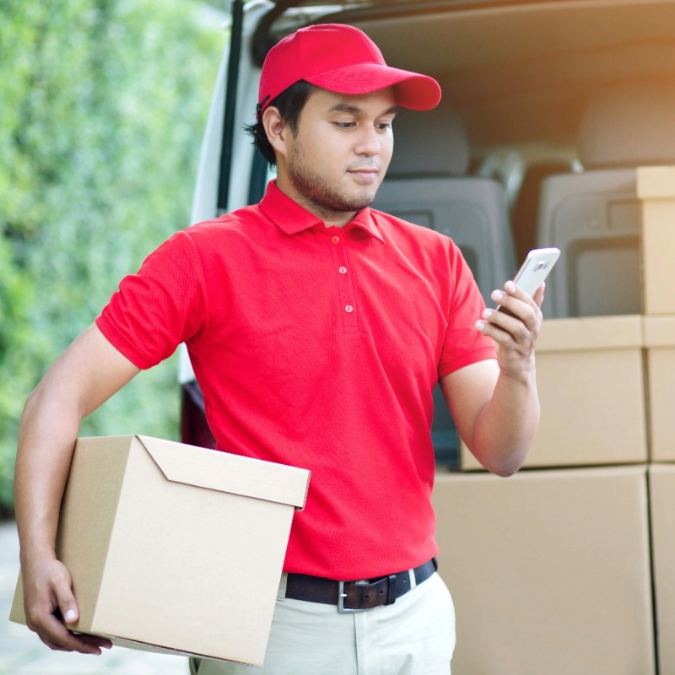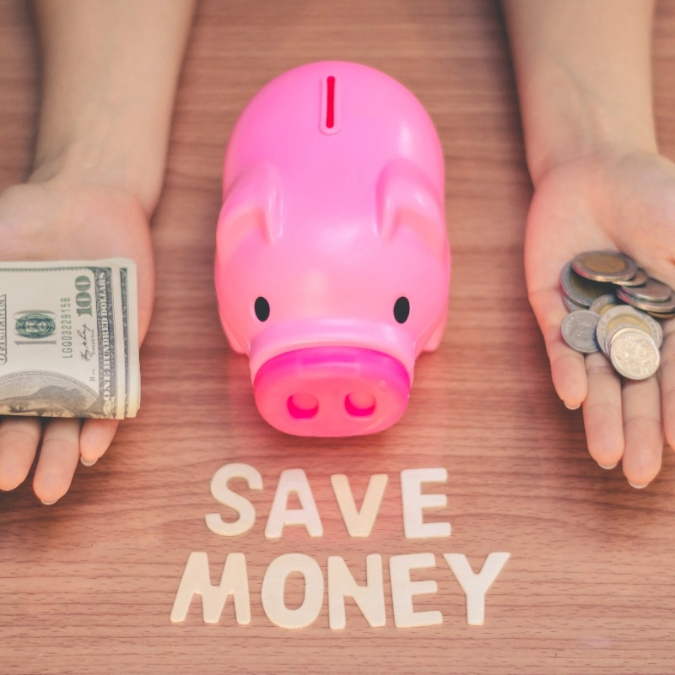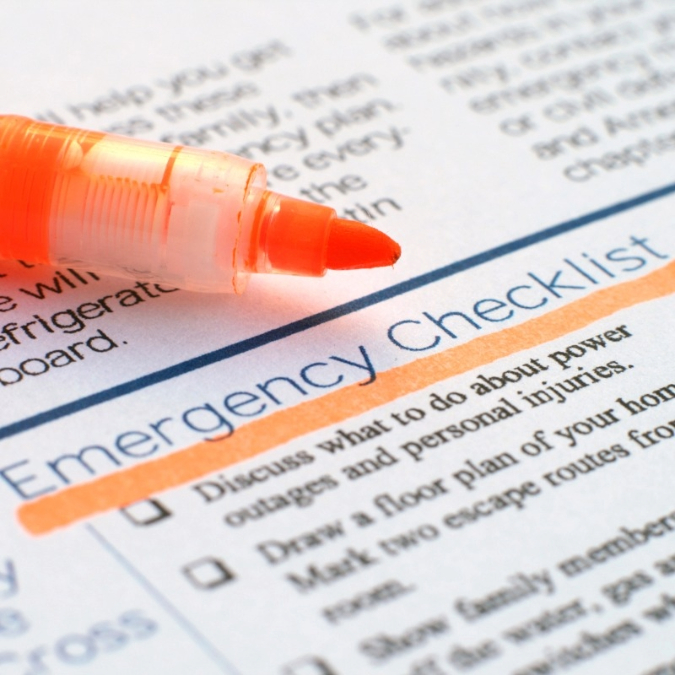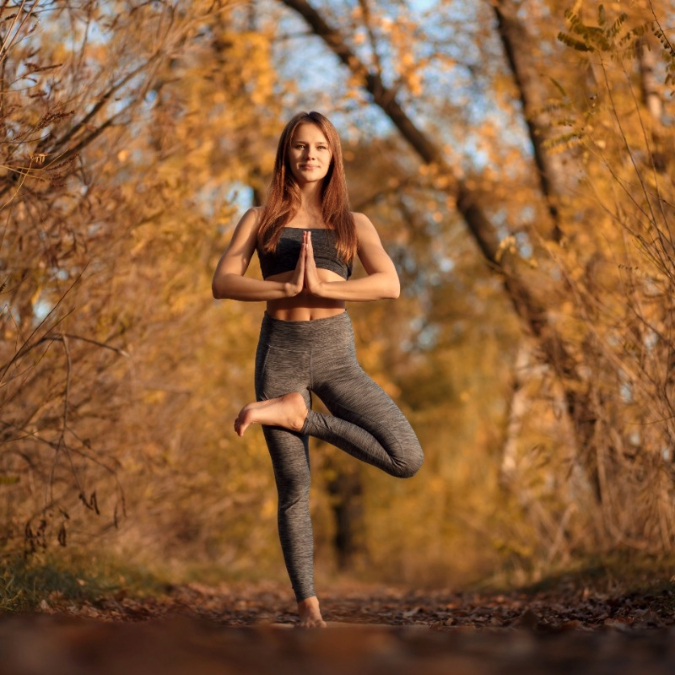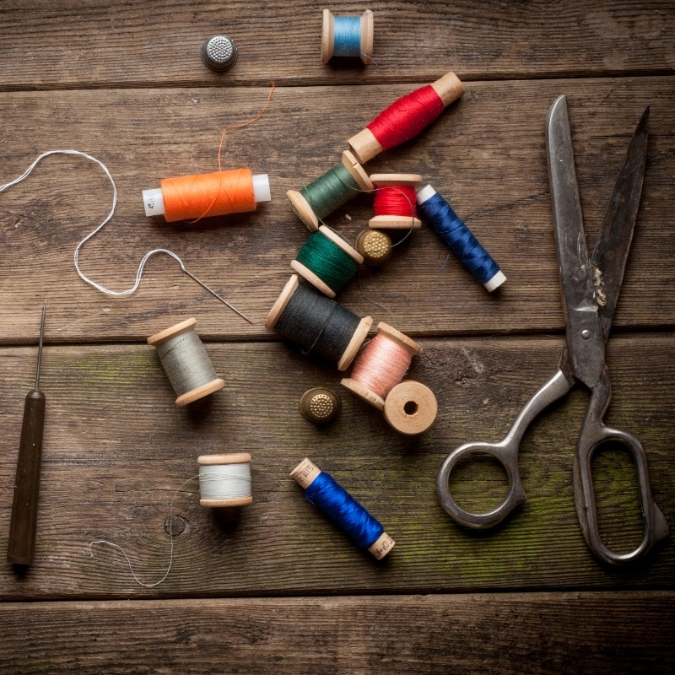According to Fortune, it’s possible that the world could experience another pandemic. Public health officials around the globe even have a list of pathogens they’re keeping an eye on. Knowing that another pandemic is possible and could theoretically happen at any time, it’s wise to be prepared. Here are 15 ways to be more prepared for the next pandemic than the world was for the last one.
1. Stock Your Pantry
At the beginning of the pandemic, grocery store shelves were pretty bare as people rushed to stock their pantries. To avoid dealing with crowds at the supermarket and potentially exposing yourself to a pathogen, it’s wise to stock your pantry now. Keep at least a few week’s worth of shelf-stable goods like beans, rice, pasta, oatmeal, and canned fruits and vegetables on hand.
2. Keep Masks On Hand
Wearing a mask was an important way to stay safe during the COVID-19 pandemic. High-quality masks like N95 respirators became rare and expensive overnight, so it’s wise to buy some now to be prepared for the next pandemic. Make sure that you get the right size and ensure that your mask fits properly, otherwise, it may not be as effective.
3. Stock Hand Sanitizer and Antibacterial Cleaners
Another way to be prepared for the next pandemic is to stock hand sanitizer and antibacterial cleaners. These items were hard to find during the early days of COVID-19 and were an important part of fighting the virus.
4. Grow a Garden
Another great way to ensure your family has food amidst pandemic-related shortages is growing a garden. If you have a backyard, installing a few raised beds can yield a surprisingly large amount of vegetables throughout the summer growing season. You can even grow herbs and non-vining veggies in your apartment on a balcony or even indoors.
5. Review Your Health Insurance Policy
During a disease outbreak, it’s important to have a good health insurance policy that will cover you and your family if anyone gets sick. Take some time to review your health insurance to ensure it’s adequate for your current needs and any future possibilities like pandemics.
It’s also a good idea to find a plan with telehealth coverage, which would allow you to address minor health needs if another virus-related stay-at-home order was ever issued.
6. Prepare for Childcare Disruption
Another way to feel in control and prepared for the next pandemic is to make a lockdown childcare plan. If schools, workplaces, and childcare centers shut down, how would you handle it?
Do you have a retired parent or relative who could join your family’s bubble and watch your kids? It’s also wise to make sure you have school supplies and other learning aids on hand to assist with virtual school should that become necessary.
7. Diversify Your Income
It’s also a good idea to consider what you’d do if you lost your income during a shutdown. Could you live off of unemployment or fall back on another source of income, such as from an online side hustle? To be prepared for the next pandemic, it might be best to start diversifying your income streams now.
8. Save Money
In a similar vein, saving money is also an important way to be prepared for the next pandemic. Many people who lost their jobs had to rely on their savings to fill the financial gaps unemployment and stimulus checks didn’t cover. It’s prudent to start setting aside a couple hundred dollars per month now to build an emergency fund. This cash reserve will not only help you be prepared for the next pandemic but also weather any other negative events such as a vet emergency or costly home repair.
9. Monitor the News
As mentioned above, global public health officials are keeping an eye on different viruses to ensure they’re not turning into a pandemic risk. Viruses can start in animals and mutate, eventually spreading to humans. It’s wise to be aware of and inform yourself about current animal outbreaks such as the bird flu. That way you’ll be know about new disease developments that could potentially spawn a new pandemic.
10. Practice Good Hygiene
One of the best ways to prevent you and your family from getting sick is to practice good hygiene. Engage in proper handwashing techniques, cover your mouth with a tissue when sneezing or coughing, and don’t share water bottles or utensils with others.
11. Create an Emergency Plan
Ready.gov recommends creating an emergency plan so you know exactly what to do if another outbreak occurs. Consider how your plans for other adverse events such as natural disasters may be affected by another ongoing pandemic. Additionally, figure out the steps you need to take in the event of possible disease exposure, such as contacting your doctor.
12. Get Preventative Healthcare
Going for regular checkups and staying up-to-date on your shots will help you be prepared for the next pandemic. It’s also a good idea to ask your doctor for a few extra weeks of your prescriptions if possible. Stocking up will help ensure you don’t have to risk going to a pharmacy at the start of another outbreak.
13. Manage Anxiety and Stress
The possibility of another pandemic can feel scary. We’re all still dealing with the stress caused by the COVID-19 outbreak. If you need mental health support to manage your anxiety, reach out to a therapist for help.
14. Gather Hobby Supplies
Hobby supplies like bikes and Nintendo Switches became expensive and scarce during the last lockdown. It’s a good idea to keep a stash of hobby supplies so you can stay occupied during any future lockdowns.
15. Build Community
Community is especially important during hard times like a pandemic. Focus on strengthening your relationships so you have people to lean on for support if another outbreak happens.
Be Prepared, Not Panicked
It’s hard to know when or if another major, life-disrupting pandemic will occur in our lifetimes. Although viruses have the potential to mutate into super-spreaders and cause an outbreak, you shouldn’t panic. As long as you have some supplies stocked and make an emergency plan, you’ll be prepared for the next pandemic.
Read More
Alone But Not Lonely: 10 Ways To Be Happy Living On Your Own
13 Unhealthy Habits Retirees Need To Change Now

Vicky Monroe is a freelance personal finance and lifestyle writer. When she’s not busy writing about her favorite money saving hacks or tinkering with her budget spreadsheets, she likes to travel, garden, and cook healthy vegetarian meals.
